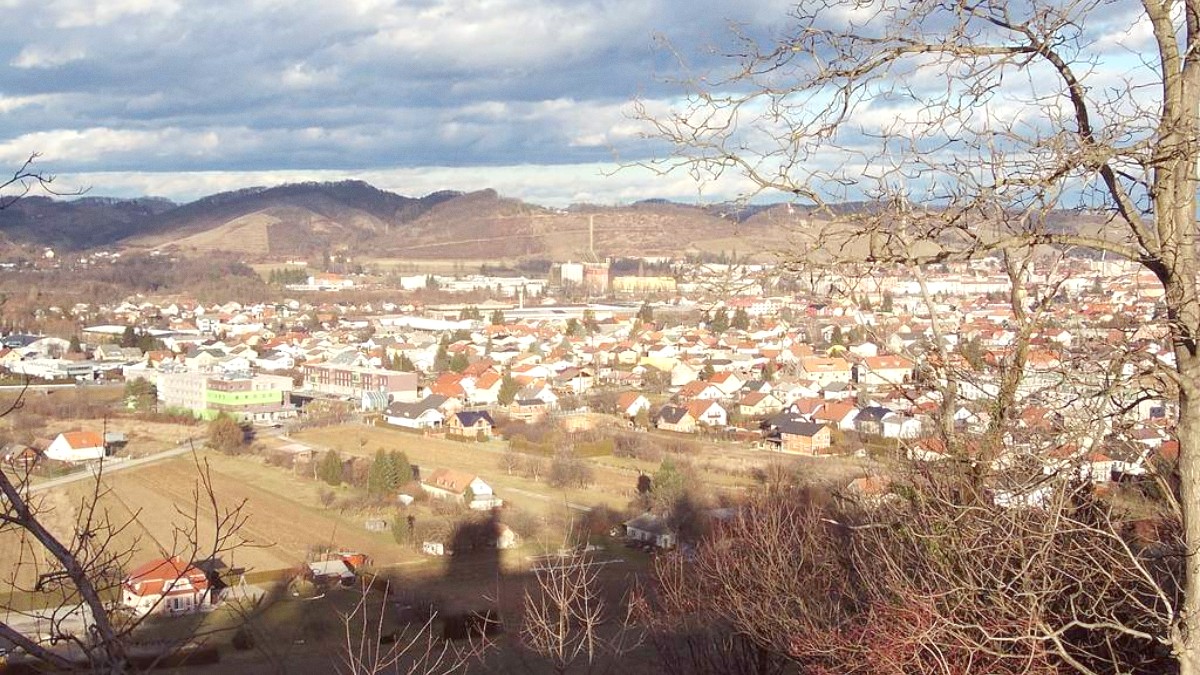
Slovenia
Maribor experiences four distinct seasons. Layering clothing often is a wise choice, due to temperature fluctuations between day and night, and between the city and the Pohorje mountains.
Spring (April-May): Temperatures typically range from 8°C (46°F) to 18°C (64°F). Moderate rainfall occurs, bringing fresh greenery.
Summer (June-August): The warmest months, averaging 20°C (68°F) to 28°C (82°F). Sunshine abounds, though thunderstorms may occur.
Autumn (September-October): Temperatures cool to 10°C (50°F) to 18°C (64°F). October sees more rain. Foliage on Pohorje and vineyards creates picturesque landscapes.
Winter (November-March): Coldest temperatures, typically -5°C (23°F) to 5°C (41°F). Snowfall is frequent, transforming Maribor into a winter wonderland.
Snowfall is common in winter, specifically in the Pohorje mountains. This is beneficial for ski season but may mean icy pavements in the city. Wear appropriate, slip-resistant footwear.
During peak summer, notably in July and August, temperatures may rise significantly. Stay hydrated, apply sunscreen, and plan outdoor activities for morning or late afternoon to avoid the midday sun. Summer thunderstorms, while generally short, may be intense. Always check local forecasts and be prepared to seek shelter if dark clouds gather.
Icy pavements possible. Wear appropriate footwear.
December to March, with January/February best snow.
Limited city center outdoor activities due to cold.
Stunning fall foliage and wine festivals.
September to October, grape harvest and St. Martin's Day.
More variable weather, higher chance of rain than summer.
Warm, sunny, and outdoor events.
May to September, agreeable temperatures for walking.
Temperatures may rise significantly; plan activities for cooler hours.
Slovenia is a member of the Schengen Area, meaning entry requirements conform to the common regulations for this group of European countries.
Travelers who are not citizens of the EU/EEA or a country with a visa-waiver agreement typically obtain a Schengen visa for short stays (up to 90 days within any 180-day period). This visa enables travel throughout the entire Schengen Area. Apply at the Slovenian embassy or consulate in your home country. Visa-exempt nationalities, including citizens of the United States, Canada, Australia, United Kingdom, and New Zealand, do not need a visa for stays up to 90 days for tourism or business purposes. From 2025, visa-exempt travelers will need to obtain an ETIAS authorization, a pre-travel authorization similar to ESTA in the US.
At least three months beyond departure, issued within 10 years, two blank pages.
Proof of intent to leave the Schengen Area.
Demonstrate financial means for your stay.
Mandatory for Schengen visa applicants; recommended for all.
Confirmation of hotel bookings or invitation letter.
Slovenia uses the Euro (€), like most of the European Union. Prices may fluctuate based on season and specific choices.
The currency of Slovenia is the Euro (EUR, €). ATMs are widely available throughout Maribor. Using ATMs for cash withdrawals generally presents better exchange rates than currency exchange offices.
Tipping is not obligatory in Slovenia, but it meets with appreciation for good service.
Here are some approximate costs for common items:
Maribor, and Slovenia generally, is a safe destination with good healthcare infrastructure.
No specific vaccinations are mandatory for entry to Slovenia for general travel. It is a wise choice to keep your routine vaccinations current, including MMR, Diphtheria-Tetanus-Pertussis, Varicella, Polio, and your annual Flu shot.
Hepatitis A and B are a good suggestion for most travelers, especially if you plan to eat street food or consume local produce. Tick-borne encephalitis (TBE) vaccination is a good idea for individuals spending significant time outdoors in forested or grassy areas during spring and summer.
Dial 112 for general emergency services, including ambulance, fire, and police. This number operates 24/7 for immediate assistance.
Well-developed public healthcare system.
Earthquakes may occur, but strong ones are rare.
Medical facilities in Maribor are modern and capable. Maribor General Hospital (UKC Maribor) is the main hospital, located at Ljubljanska ulica 5. For non-life-threatening but urgent medical needs, visit the emergency department.
Pharmacies (Lekarna) are easy to find and assist with minor ailments.
No water purification generally needed as tap water is safe.
Maribor has a very low crime rate, making it a safe city for travelers. Violent crime is rare. Petty theft, like pickpocketing, may occur in crowded areas. General urban caution is wise, especially late at night in quiet, unlit areas. All neighborhoods are considered safe for tourists.
Food hygiene standards are high; tap water is safe to drink.
Petty theft exists, but it is not a major issue. Keep valuables out of sight.
| Coverage Category | Significance | Affiliate Options |
|---|---|---|
| Medical Emergencies | Treatment, hospitalization, and emergency medical evacuation. | World Nomads, SafetyWing |
| Trip Cancellation/Interruption | For unforeseen events preventing or cutting short your trip. | Insubuy |
| Lost/Stolen Baggage & Personal Liability | Coverage for your belongings and protection for accidental injury/damage. | Check provider websites for full details. |